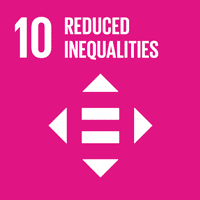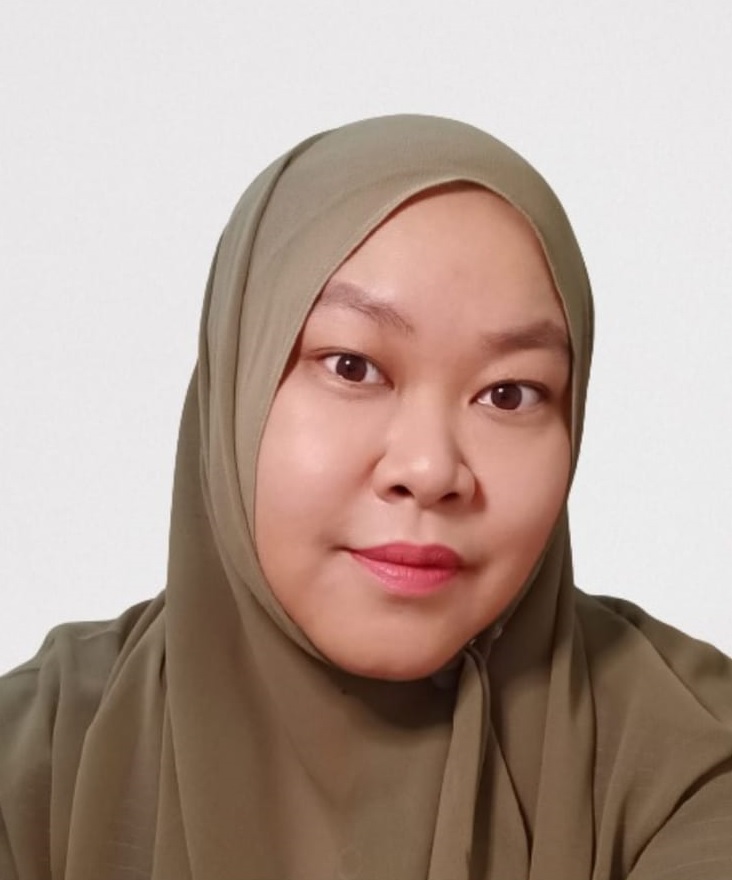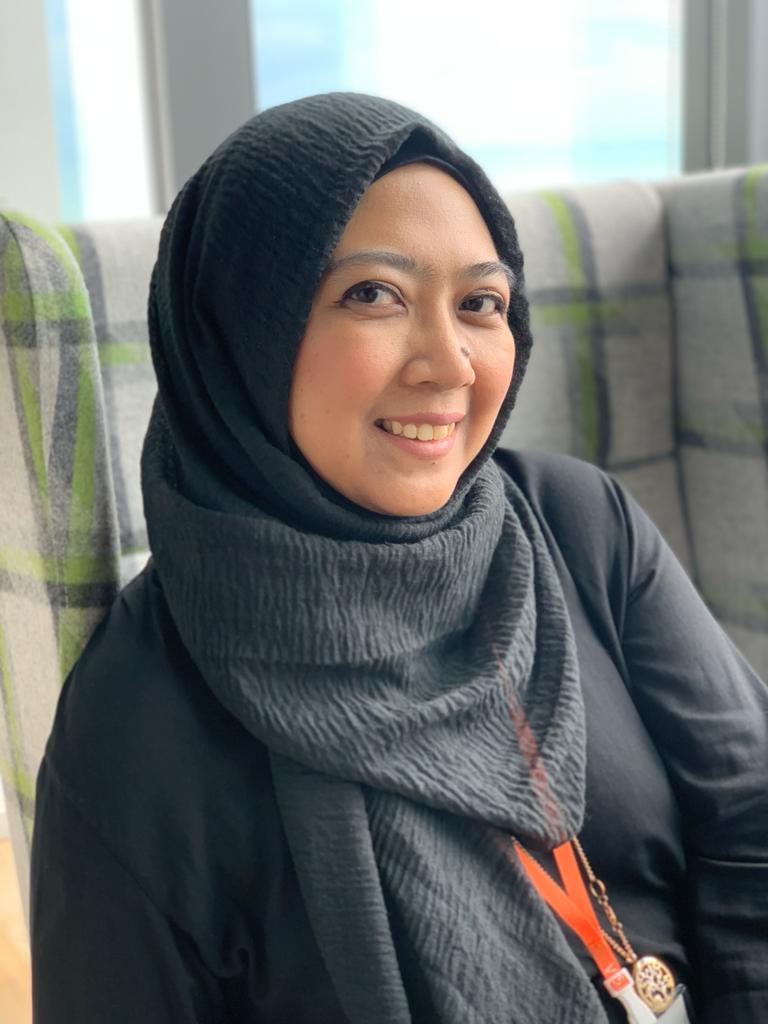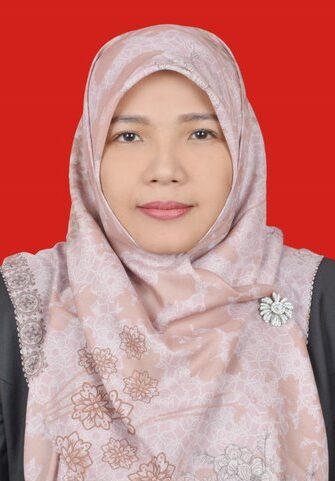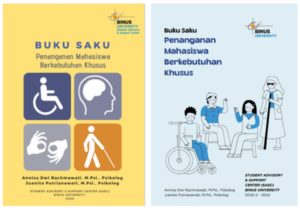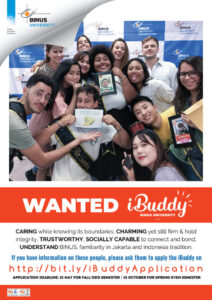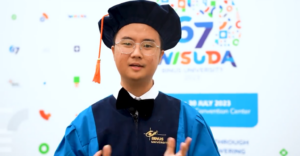BINUS University, as an educational institution, firmly upholds a Zero Tolerance Policy towards all forms of violence and discrimination, including physical, psychological, and emotional abuse. This commitment is outlined in the circular letter regarding “Implementation of Anti-Discrimination and Anti-Violence.”
The Rector’s Circular No. 1677A/REK/IX/2023 reiterates BINUS University’s commitment to creating a safe and respectful environment for all community members, reinforcing the Zero Tolerance Policy against harassment and violence. This policy also includes clear procedures for reporting any instances of discrimination or harassment, with assurances of confidentiality and a commitment to addressing complaints seriously. Disciplinary actions are outlined in the policy, which can range from warnings to more severe penalties depending on the nature of the violation.
In accordance with the Ministry of Education, Culture, Research, and Technology Regulation No. 30 of 2021 on the Prevention and Handling of Sexual Violence in Higher Education Institutions, BINUS has established a Task Force for the Prevention and Handling of Sexual Violence (Satgas PPKS). This task force is responsible for addressing cases of harassment, providing education, and ensuring the effective implementation of both the anti-harassment policy and the Zero Tolerance Policy.
The university has a comprehensive anti-harassment policy aimed at creating a safe campus environment where all forms of violence and harassment, including but not limited to sexual violence, are strictly prohibited.




